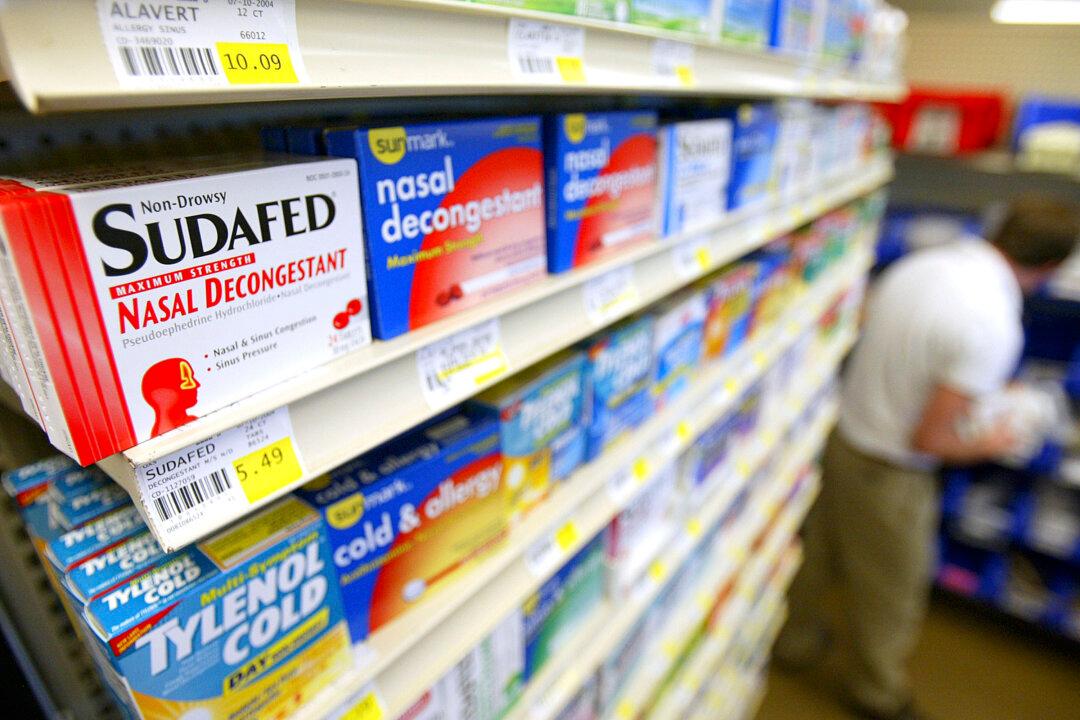Medicines used in the treatment of blocked noses should not be given to children, experts have warned.
Researchers have argued that decongestants containing antihistamine should never be given to children under the age of 6 and they recommended caution for those under 12.





